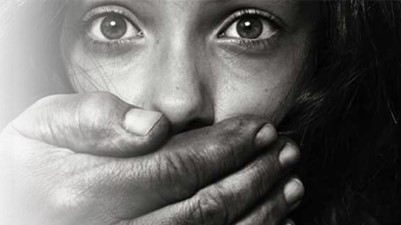UNICEF Condemns Rampant Sexual Violence Against Children in Sudan Amid Conflict
UNICEF Executive Director Catherine Russell has called for immediate action, describing these acts as potential war crimes and abhorrent violations of international law.

In Sudan, armed men have been committing horrific acts of rape and sexual assault against children, including infants as young as one, since early 2024. Data from gender-based violence service providers reveals that 221 cases of child rape have been recorded, though this likely represents only a fraction of the true extent of the crisis. Survivors and their families often face immense challenges in accessing services and reporting these crimes due to stigma, fear of retaliation, and breaches of confidentiality.
UNICEF Executive Director Catherine Russell has called for immediate action, describing these acts as potential war crimes and abhorrent violations of international law. Of the reported survivors, 66% are girls, and 33% are boys, highlighting the widespread impact. Shockingly, 16 survivors are under the age of five.
The violence and fear have forced women and children to flee their homes, often ending up in displacement sites with limited resources, where the risk of sexual violence remains high. The psychological trauma, social stigma, and physical health consequences of such violence are profound and long-lasting.
UNICEF is working with partners to establish safe spaces, integrate gender-based violence services into health centers, and build the capacity of frontline workers. Efforts are also being made within communities to address harmful social norms.
UNICEF demands that all parties respect their obligations under international law, end gender-based violence, protect essential services, and ensure humanitarian workers can safely deliver aid. They emphasize the need for safe and ethical data systems to hold perpetrators accountable and urge donors to treat gender-based violence programs as lifesaving.










